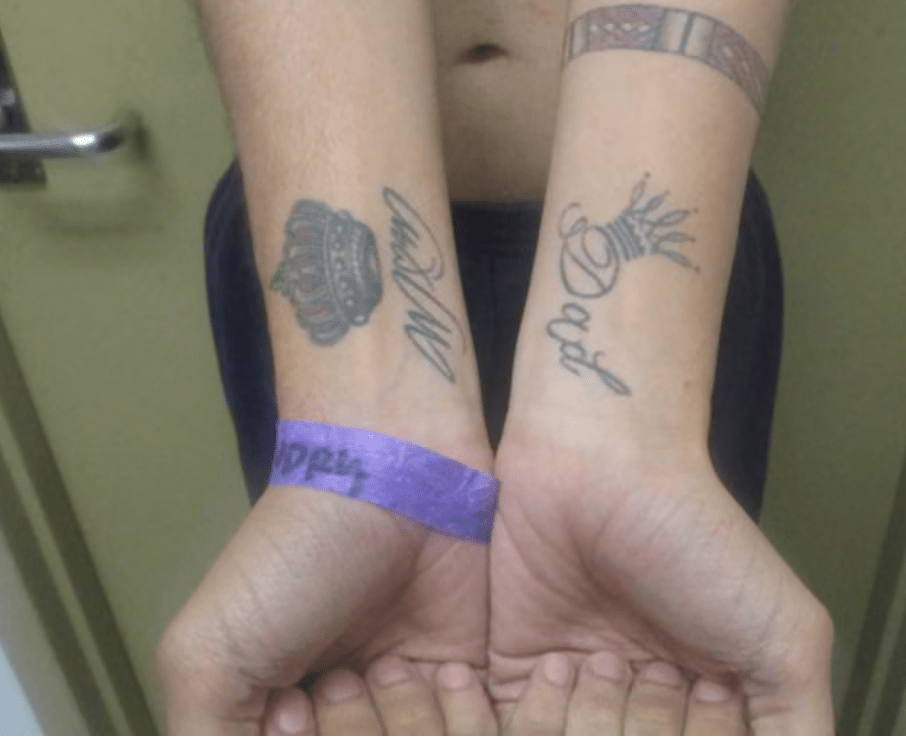Here’s a long post by Kelsey Piper, block-quoted in its entirety from the Ex Birb site (so you don’t have to, etc.); boldface is added by me.
Kelsey Piper
@KelseyTuoc
I dislike having to plead with the public to make the case for the worthiness of the things I want to spend my money on; it’s a free country, and it should be sufficient that it’s my money.
But I keep having conversations in which I say yeah I like cheap low quality goods and they make my life better
and people express incredulity at the very idea, or insist that I’m rationalizing what is obviously a deep void of meaninglessness, so let me describe what cheap goods mean to me.
The first thing it means is that I can try things. If a hobby requires gear or supplies or books or whatever else, and there’s no cheap version of those things, I know myself – I simply never dip my toes in the water in the first place.
It’s not worth spending $1000 to figure out whether my kids like camping. But if camping gear is cheap, we’ll try it. We did some camping with cheap gear, we liked it, now maybe we’ll upgrade and get good, long-lasting stuff.
I started playing D&D with a $5 bag of dice. I’ve spent an embarrassing amount on gorgeous metal dice now, but if it’d cost that much to get started I would never have tried at all.
5yo developed an enthusiasm for armored knights and swordfighting, so we tried out some SCA events. Because it’s easy to get cheap Viking tunics, I now own one. I was never going to spend hundreds of dollars on the nice version. (I was also never, realistically, going to find something that niche on the local buy nothing groups which I participate in.)
When consumer goods are expensive, it’s not worth taking risks and trying things you might end up disliking, or might not have the skill to execute on. We had an awful landing on our stairs where the door to the yard opened and the wood was badly damaged by six years of people tracking in water and mud. I wanted to try putting down vinyl tile flooring there, but I’d never laid vinyl flooring before and I’m not exactly a home improvement pro. I wouldn’t have tried it if it was expensive, but it was $20, so I was willing to take the leap. It turns out to be very easy to install and it looks so much better now. With greater confidence in my DIY skills I’ve ordered wallpaper for the kids’ rooms.
The fact that consumer goods are cheap also lets me try out companies I don’t already know and trust. If something costs $200, I’m only going to buy from a company that has a good reputation, where I trust the warranty, which has been around a while. For cheaper products, I’m willing to take a chance on new entrants just off seeing an ad and some credible good reviews.
The second thing it means is that I can do crafts and experiments and activities at the microschool. It has ten kids now; buying ten of anything will start to pinch the pocketbook. But because consumer goods are cheap, I can buy the things we need for papermaking when we’re learning about how papermaking works, or model city kits when we’re talking about urban design, or play money for practice making change and running a business. I can buy a gumball machine so we can take it apart and look at the mechanism. I can buy so, so many books. Do you have any idea how expensive books used to be? Do you have any idea how many our microschool library now has? My children will never run out of good books to read because consumer goods are cheap.
Or they were cheap, last week.
I keep talking to people who have in mind huge swathes of the consumer economy that they’re sure we don’t really need. Big TVs, someone said to me last week. Surely you can admit we don’t really need big TVs.
I do not admit this. Sometimes six or eight kids want to crowd around downstairs in my home and watch a movie or play Smash together and they need a big TV.
4-cent bouncy balls, surely we don’t need those.
I do not admit this; I bought a bunch for a civics lesson last week.
Would it be such a big deal if toasters were $100?
Yes, because I would never buy one to disassemble and learn how it works.
How about Shein clothes, surely no one needs those?
Actually, I kind of like that I can attend costume parties! I have a cheap Victorian ballgown with an absurd hoopskirt my children like to hide under, and it makes my life better!
I would not pay four times more for a better version of any of these things. I would just do without them; they are not important enough to break the bank for. But my life would be worse without them. It would have less spontaneity in it, less curiosity, less whim, less exploration.
If you find that cheap consumer goods cause you depression, my condolences. I think that’s a skill issue. Cheap consumer goods make it easier for me to live the life I want to live, surrounded by the people I want to live it with, while donating to charity and saving for retirement and living within my means. You can raise my taxes, but don’t pretend you’re really truly doing me a favor while you do it.
— Kelsey Piper, … [L]et me describe what cheap goods mean to me.
Twitter/X dot com, April 4, 2025 @ 7:06PM




